Have you received an email from Venmo asking to confirm your identity?
Let’s dive deeper into this!
Why is Venmo Asking to Confirm Identity?
Venmo is asking to confirm identity to help combat phishing attempts. Simply put, federal law asks Venmo to confirm all users’ identities, so they can use their Venmo balance. This doesn’t extend to linked credit cards or bank accounts.
As phishing attacks increase every day, a regular Venmo user is in their right to become skeptical over an email from Venmo asking to confirm identity.
While it’s agreeable that internet users should preview any emails of that nature with caution, in most cases, there’s no need to worry, as Venmo does send these emails to its users regularly.
This includes:
- Logging in to your Venmo account
- Tabbing on “Settings,” then on “Identity Verification.”
- Entering and confirming personal information like your legal name, address, ID, and SSN.
How can you verify your identity? And why is this an important step? We’ll answer all your questions in this post so keep reading!
RELATED: Can I Use Venmo Without Verifying My Identity?
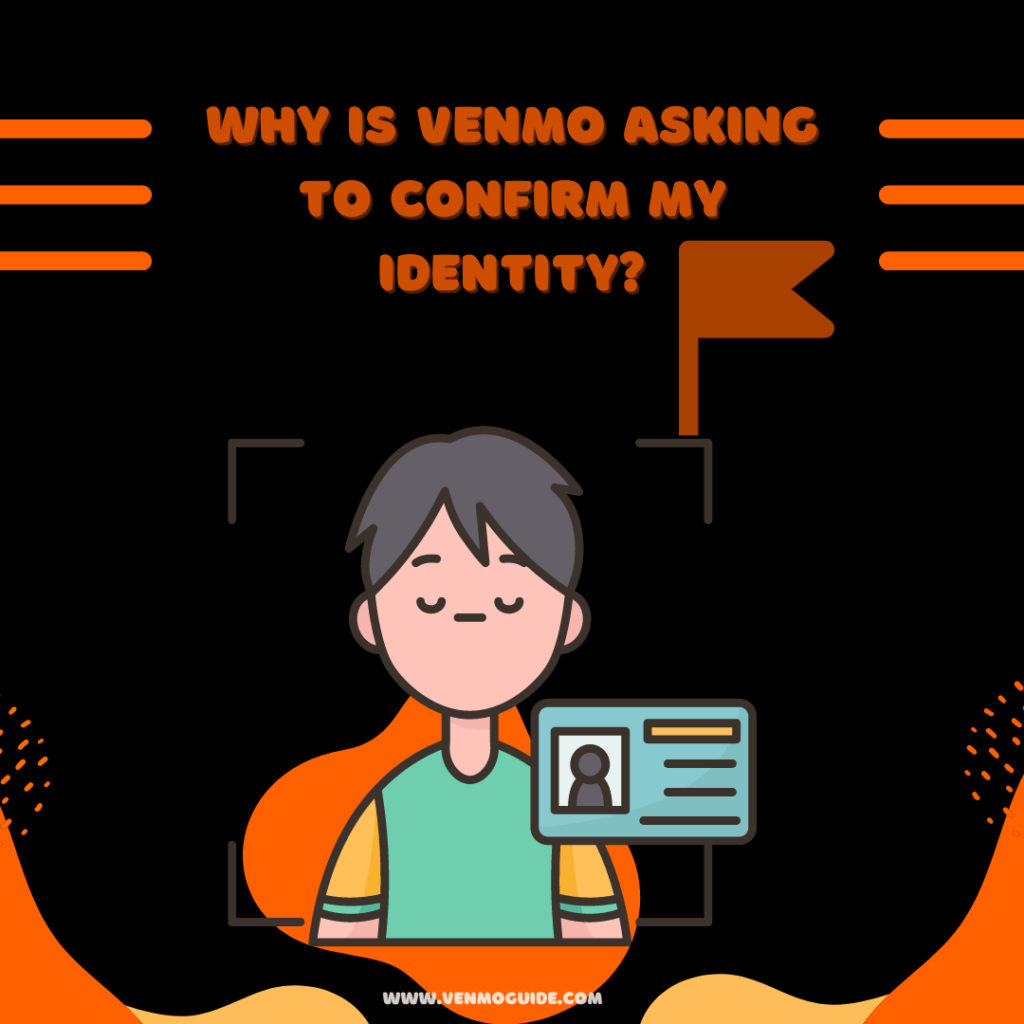
Is Venmo Safe?
Yes, Venmo is safe. It is a renowned financial app that handles the accounts of millions of people across the US. Since it handles sensitive information regarding bank accounts and cards, it’ll also be safe to confirm your identity and enter your Social Security Number (SSN) into it.
Nevertheless, one must always be cautious of fake emails or text messages.
A lot of Venmo users are scammed because of fraudsters claiming to be Venmo customer support agents and asking for private information, efficiently emptying their Venmo accounts of hard-earned savings.
But how can you tell which is a scam and which isn’t?
Easy. Venmo asks you to confirm your identity only through the app and email. Make sure to check that the email you’ve received is from Venmo’s official email address.
RELATED READ: Venmo One Time Security Check: How to Confirm Venmo Identity?
Steps to Confirm Your Venmo Identity
Venmo officials encourage users to initiate it independently through the Venmo settings or via emails they send to users. Here are the exact steps:
1. Open the Venmo App
Note that you need to access the Venmo app, not the Venmo website, for this to work.
2. Log into Your Account
Be sure you log into the account you need to verify your identity on.
3. Click on Settings
Once you click on “Settings,” tab “Security,” then choose “Identity Verification.”
4. Enter Your Personal Information
A popup will show up asking you to enter your info. Make sure to enter and preview this information:
- Full legal name
- Home address
- Date of birth
- A photo of your ID, passport, or driver’s license
- Your SSN or Individual Taxpayer Identification Number (ITIN)
4. Confirm Your Credentials
Venmo will ask you to confirm your phone number and email address. Enter this information.
Voila! That was the tough part.
Once you confirm your information, you’ll need to wait for a while to get a response. Normally, identification takes only a few minutes or hours. However, you might also wait up to three business days.
If Venmo doesn’t accept your information or your identity isn’t confirmed within this timeframe, contacting Venmo’s customer support could help.
RELATED READ: Is it Safe to Verify my Identity on Venmo? Venmo Identity Verification Safe
The Importance of Identity Verification on Venmo
Federal law asks Venmo to confirm the identity of all users to use their Venmo balance. This doesn’t extend to linked credit cards or bank accounts.
Therefore, if you don’t confirm your identity, you won’t be able to use your Venmo balance.
It doesn’t wipe away the risk 100%, but it’ll reduce it to a great extent. Federal law also requires Venmo to confirm the identity of its users to use their Venmo balance.
Nonetheless, you’ll be able to make transfers and payments from linked cards and bank accounts. You’ll also be able to receive money from other Venmo users.
Most importantly, verifying the identities of all Venmo users will actually help Venmo combat phishing attempts. It doesn’t wipe away the risk 100%, but it’ll reduce it to a great extent.
If you’re still concerned, you can check Venmo Security ToS for more info.
Missing the Email Deadline
If you get an email asking you to confirm your identity within X amount of days and you fail to do so, you can still verify your identity anytime by following the steps mentioned above.
Alternatives
Confirming your identity on Venmo always pools down to you adding your personal information like your full legal name, your SSN, a photo of your ID, and your address.
Therefore, there are no alternatives to this process. However, there are other ways you can confirm your identity. For instance, if you’ve applied for a Venmo Master Debit Card, you’ll be asked to confirm your identity.
Maintain Your Safety on Venmo
As expected, scams related to Venmo still happen until this day, so the best thing an upstanding Venmo user could do is invest in good security practices. Here are a few suggestions:
1. Identify Phishing Attacks
Emails that aren’t sent by Venmo should be immediately reported. Also, fraudsters usually add links to their messages and emails, hoping their victims will click on them. So, beware of unexpected emails with attached links asking you to send money or personal info.
Unexpected payment requests on Venmo might also be a scam. If this occurs, and you can’t identify who asked for that payment, report the incident to Venmo’s customer care.
2. Use a Strong Password
Long, strong passwords limit the chances of any account getting hacked a great deal. If you check the Identity Theft Resource Center (ITRC), you’ll find that a strong password should be at least 12 characters long.
3. Use Security Features on Your Phone
Smartphones come with an array of security features that users can use to combat scams. Biometric and Screen Locks are greatly efficient in this regard. You can also use the “Find my Phone” app to cover all your bases.
Bottom Line
Cybersecurity and financial security are a big deal, and Venmo asking to confirm your identity helps bolster your safety, not compromise it.
So be sure to confirm your identity through Venmo Settings, even if you don’t get the email. You should also be mindful of security practices like creating a strong password and identifying suspicious activity on Venmo.
Lastly, be mindful of any red flags, like payments made on your accounts that you don’t remember making or a person victimizing you on the app. If this ever happens, contact Venmo’s customer care and ITRC.

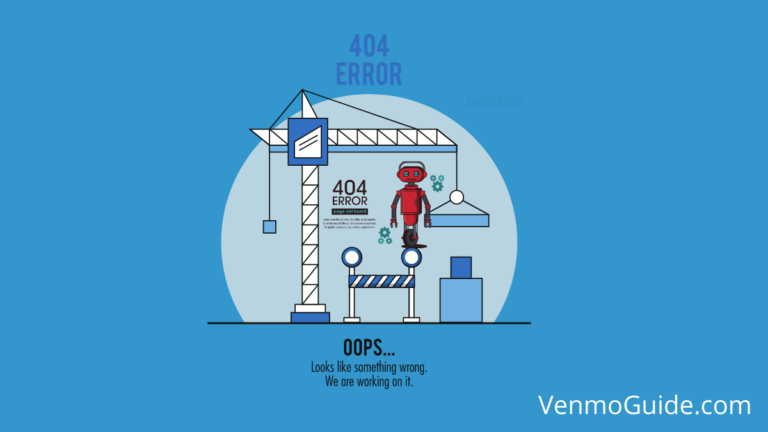
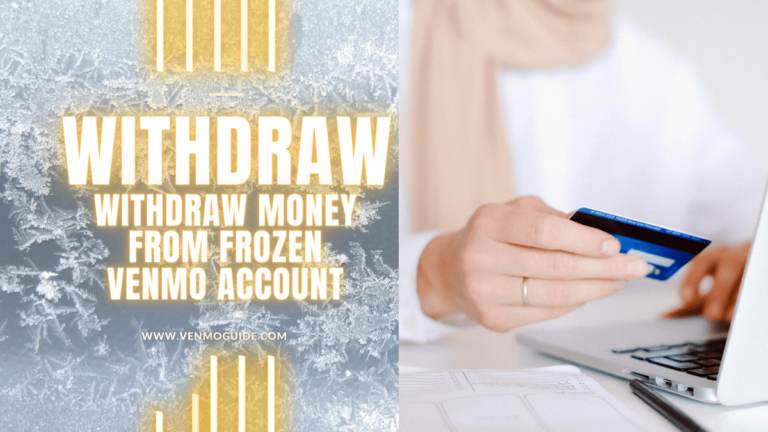
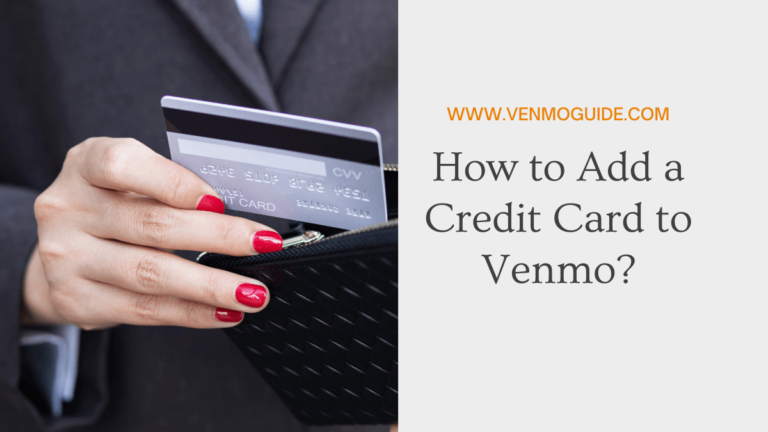
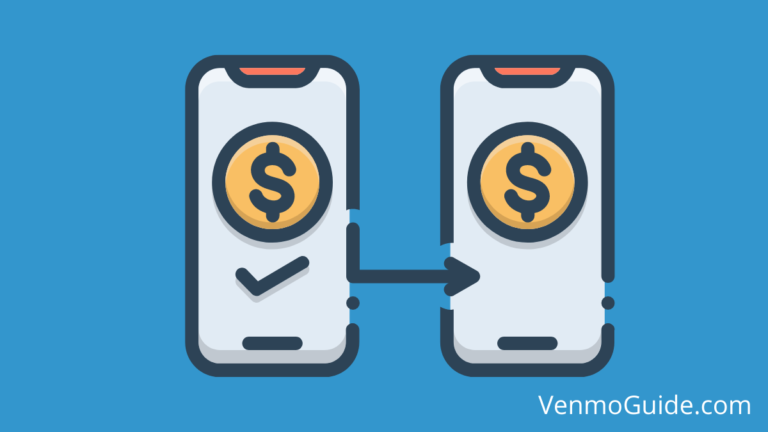
![Can You Send Money From Venmo To Cash App Card? [3 Easy Methods]](https://venmoguide.com/wp-content/uploads/2021/09/can-you-send-money-from-venmo-to-cash-app-1-768x432.png)
